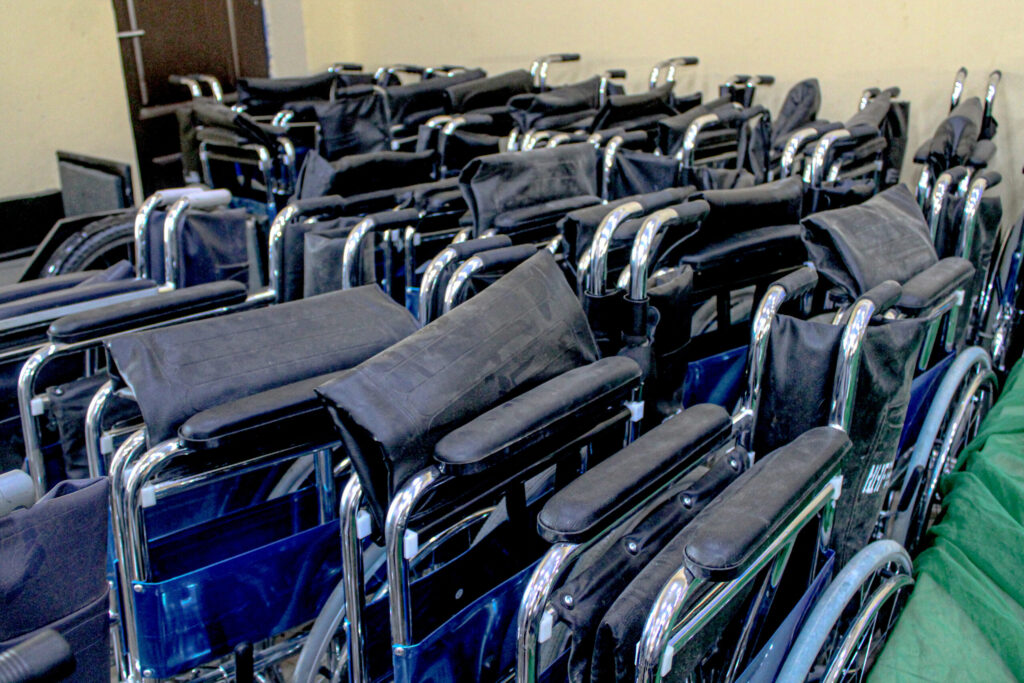
In the month of March 2025, and in the rugged terrains of Michika and Madagali local government areas of Adamawa State, where conflict and displacement have reshaped daily life, something remarkable happened. For once, the spotlight was not on limitations, but on possibilities. Through the Debbie Kauna Foundation (DKF), with support from UN Women and funding from the Nigeria Humanitarian Fund (NHF) through OCHA, persons with disabilities were given more than tools, they were given back their independence.
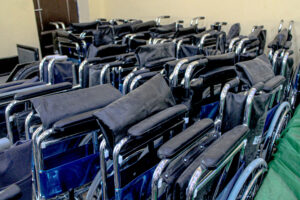
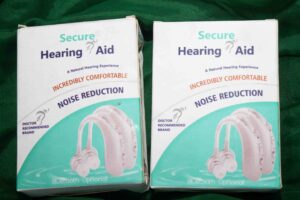
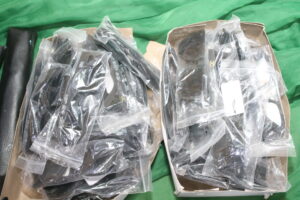
Over 320 assistive devices (41 Wheelchairs, 26 Handicap Tricycles, 13 Bicycles, 62 Clutches, 98 Walking Sticks, 76 White Canes, 76 Glasses, 4 Hearing Aids) and other assistive devices may seem ordinary to some. But to the hundreds of women, men, and children who received them, these were lifelines, keys that opened doors to mobility, dignity, and participation. Each distribution carried a message: that persons with disabilities are not defined by their challenges but by their potential to live fully when systems remove barriers.
The event was more than a handover. It was an expression of solidarity between humanitarian actors and communities. Before the distribution, participants underwent medical consultations and assessments, ensuring that the devices matched their needs. Doctors and healthcare providers offered guidance, treatment, and reassurance because inclusion must be holistic, addressing both the physical and emotional realities of disability.
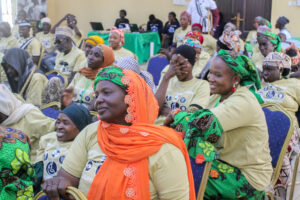
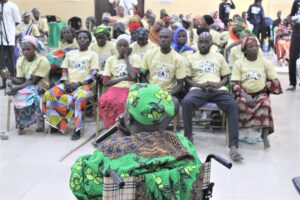
For women and girls with disabilities especially, the devices meant safety and opportunity. No longer would a girl need to stay home from school because of inaccessible classrooms. No longer would a mother be confined indoors, dependent on others for the simplest of tasks. With a wheelchair or crutch, lives expand, school becomes possible, livelihoods return, and dignity is restored.
The atmosphere in both LGAs was filled with hope and gratitude. Families celebrated not just the devices, but the recognition that their loved ones matter, that their rights are valid, and that their voices count. Community leaders echoed this, affirming the need for more interventions that place persons with disabilities at the center of development.
This distribution underlines a truth DKF holds close: inclusion is not an act of charity, it is justice. By equipping persons with disabilities with the tools to move, work, learn, and engage, we create societies where everyone can contribute to peace, growth, and resilience.
We remain deeply thankful to our sponsors and partners for making this possible, and to the communities of Michika and Madagali for welcoming us with open hearts.
At DKF, we continue to stand where others often turn away because where we care specially, lives are transformed
